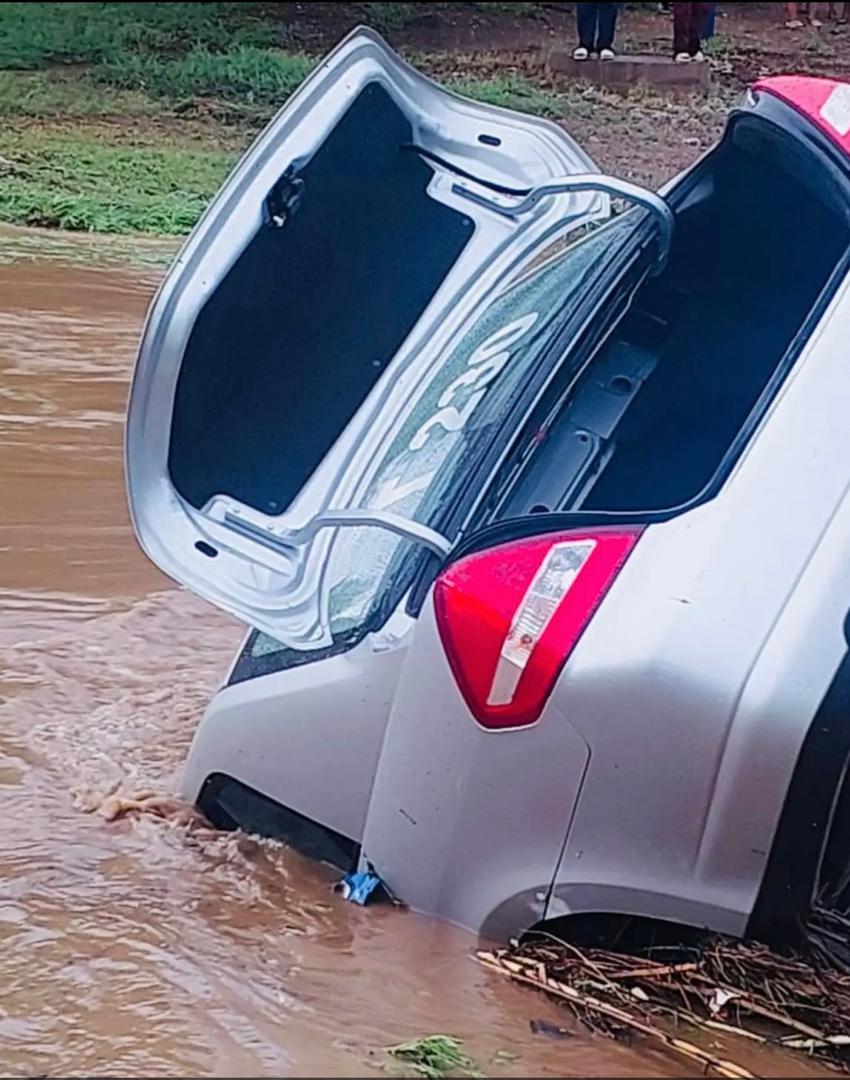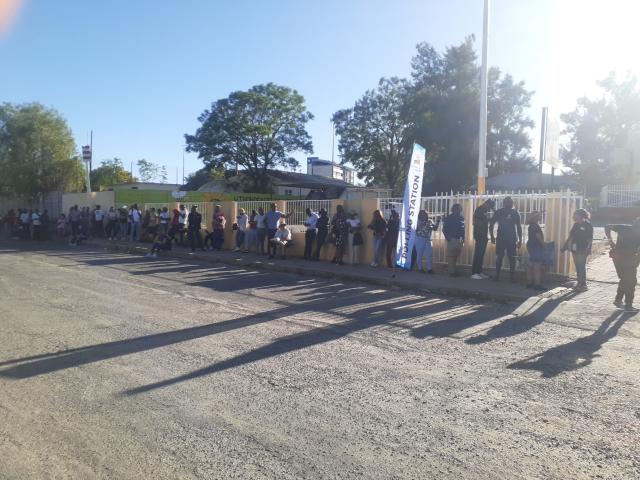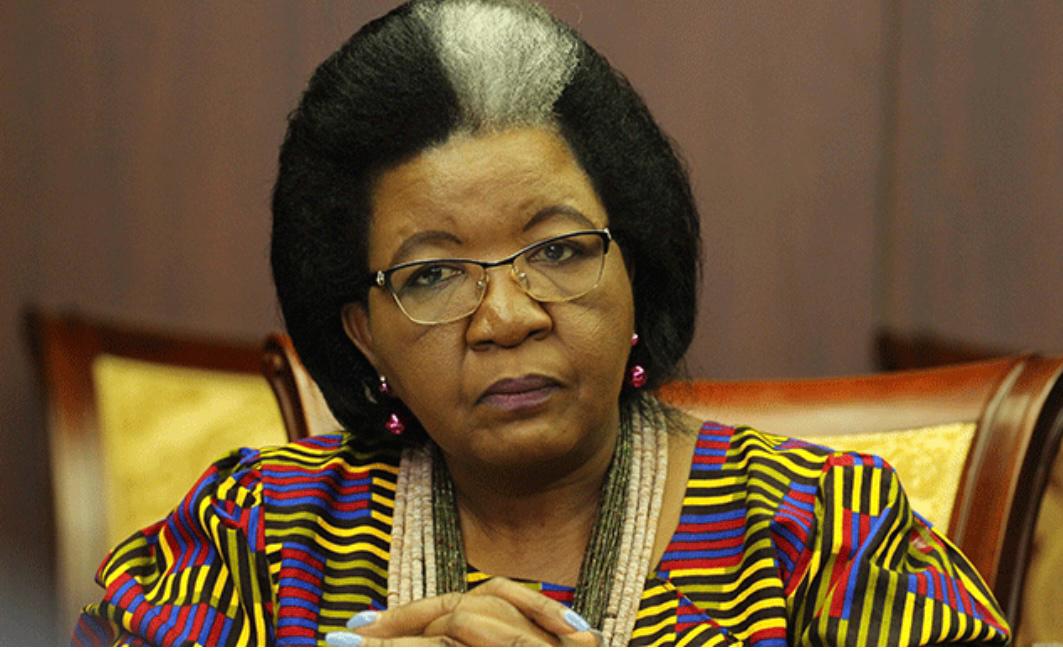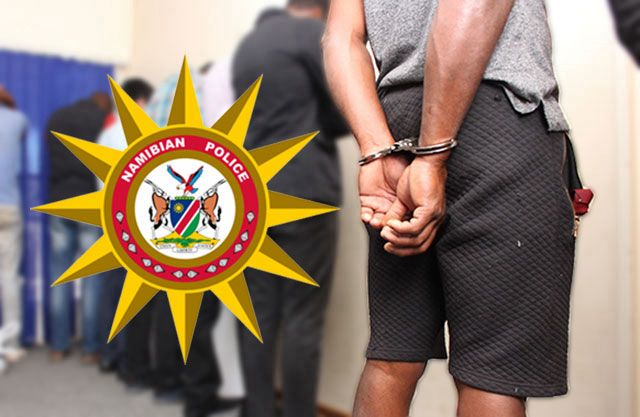BAGHDAD – When my wife and I decided to celebrate the Eid holiday with relatives in the town of Samarra, we never imagined we would spend hours praying not to die.
Eid marks the end of the fasting month of Ramadan and, for Muslims, stands for joy and cheer marked by family visits. For Iraqis like me this year, it became another brush with death.Before leaving Baghdad on the 100-km journey north, we had packed the car with gifts for relatives we had not seen since the bombing of the al-Askariya mosque in Samarra.The golden-domed shrine is revered by Shi’ite Muslims and its destruction on February 22 proved the spark that lit a firestorm of sectarian revenge killings.One of the gifts was a white scarf my wife had bought to put on the grave of her elder sister.Soon after the bombing, black-clad Shi’ite militiamen dragged my sister-in-law from her home in Baghdad and shot her dead simply for being a Sunni.”Last Eid my sister was very happy with the white scarf I gave her.This Eid I want to make her happy with the same gift, but inside her grave,” my wife kept saying.The joys of travel were not to last long.About 80 km from Baghdad, we were suddenly stopped at a police checkpoint just outside the Shi’ite town of Balad.”Where do you think you’re going? Don’t you know that gunmen are targeting every car that passes Balad? Go home and stay alive,” a policeman armed with an AK-47 assault rifle yelled in my face.Just as we parked by the roadside, a barrage of machinegun fire broke the silence.Fearing for their lives, the occupants of some of the waiting cars turned back.An old man told me the only safe place for an Iraqi was in his own home.Two hours later, the policeman gave the all-clear and within a few kilometres we reached the scene of the battle.Two police cars were destroyed and thousands of spent bullet casings covered the road.Further on, stores that once were crowded with shoppers stood burned out or deserted.Balad used to be a peaceful town surrounded by palm groves and orchards.Over Ramadan, it consumed itself in a passion of sectarian bloodletting.Sunni militants slaughtered 14 Shi’ite workers, sparking yet more revenge attacks.GHOST TOWN It took us seven hours to reach Samarra and when we got there we found a ghost town.Black banners mourning the victims of Iraq’s chaos hung from walls.One proclaimed the martyrdom of two Sunni brothers killed in Baghdad.Another told of a policeman blown up by a bomb with his wife and two sons.Officials in the town said that insurgents were now engaged in a tribal feud, set off last year when al Qaeda fighters killed the leader of the Baz tribe, Sheikh Hikmat al-Mumtaz al-Bazi, accusing him of collaborating with US forces.The tension and disorder weigh on the people of the town.”I feel frustrated when I see some provinces are living in peace.Samarra is an ancient city and it’s a pity to see it in this chaotic state,” Abu Mahmoud, a 54-year-old teacher, said.Children pass their time playing with toy guns, shooting fake bullets at each other and screaming “I killed you!” I asked one 10-year-old boy why he was carrying a plastic weapon.”I’m from the resistance,” he shouted.”I will kill the Americans.”We had planned to leave Samarra on Wednesday, the final day of the Sunni Eid, but had to wait a day because of more fighting near Balad.Again, our journey was a nightmare.Just before Balad, a group of armed men, some in police uniforms and others in jeans and white t-shirts, stopped us at a checkpoint.”Where are you going?” a policeman asked me.I told him I was heading to Baghdad “Are you a Shi’ite?” he asked.I felt the blood freeze in my veins.A look at my wife showed she was scared to death.”Why are you asking that question? I was visiting Samarra and now I am heading home,” I told him, hoping not to betray my fear.”If you risk travelling to Baghdad by passing Balad then you must be a Shi’ite because it means you’re not afraid of being killed,” one of the men in jeans declared.I told him I was not afraid but I wasn’t a Shi’ite either and that I would face any danger myself.I could take his pistol, he told me.I declined the offer and drove on, reaching Baghdad safely but with the painful thought in my mind that my beloved country was descending into civil war.Nampa-Reuters * (Ahmed Rasheed, an Iraqi, is a reporter for Reuters in Baghdad.)For Iraqis like me this year, it became another brush with death.Before leaving Baghdad on the 100-km journey north, we had packed the car with gifts for relatives we had not seen since the bombing of the al-Askariya mosque in Samarra.The golden-domed shrine is revered by Shi’ite Muslims and its destruction on February 22 proved the spark that lit a firestorm of sectarian revenge killings.One of the gifts was a white scarf my wife had bought to put on the grave of her elder sister.Soon after the bombing, black-clad Shi’ite militiamen dragged my sister-in-law from her home in Baghdad and shot her dead simply for being a Sunni.”Last Eid my sister was very happy with the white scarf I gave her.This Eid I want to make her happy with the same gift, but inside her grave,” my wife kept saying.The joys of travel were not to last long.About 80 km from Baghdad, we were suddenly stopped at a police checkpoint just outside the Shi’ite town of Balad.”Where do you think you’re going? Don’t you know that gunmen are targeting every car that passes Balad? Go home and stay alive,” a policeman armed with an AK-47 assault rifle yelled in my face.Just as we parked by the roadside, a barrage of machinegun fire broke the silence.Fearing for their lives, the occupants of some of the waiting cars turned back.An old man told me the only safe place for an Iraqi was in his own home.Two hours later, the policeman gave the all-clear and within a few kilometres we reached the scene of the battle.Two police cars were destroyed and thousands of spent bullet casings covered the road.Further on, stores that once were crowded with shoppers stood burned out or deserted.Balad used to be a peaceful town surrounded by palm groves and orchards.Over Ramadan, it consumed itself in a passion of sectarian bloodletting.Sunni militants slaughtered 14 Shi’ite workers, sparking yet more revenge attacks.GHOST TOWN It took us seven hours to reach Samarra and when we got there we found a ghost town.Black banners mourning the victims of Iraq’s chaos hung from walls.One proclaimed the martyrdom of two Sunni brothers killed in Baghdad.Another told of a policeman blown up by a bomb with his wife and two sons.Officials in the town said that insurgents were now engaged in a tribal feud, set off last year when al Qaeda fighters killed the leader of the Baz tribe, Sheikh Hikmat al-Mumtaz al-Bazi, accusing him of collaborating with US forces.The tension and disorder weigh on the people of the town.”I feel frustrated when I see some provinces are living in peace.Samarra is an ancient city and it’s a pity to see it in this chaotic state,” Abu Mahmoud, a 54-year-old teacher, said.Children pass their time playing with toy guns, shooting fake bullets at each other and screaming “I killed you!” I asked one 10-year-old boy why he was carrying a plastic weapon.”I’m from the resistance,” he shouted.”I will kill the Americans.”We had planned to leave Samarra on Wednesday, the final day of the Sunni Eid, but had to wait a day because of more fighting near Balad.Again, our journey was a nightmare.Just before Balad, a group of armed men, some in police uniforms and others in jeans and white t-shirts, stopped us at a checkpoint.”Where are you going?” a policeman asked me.I told him I was heading to Baghdad “Are you a Shi’ite?” he asked.I felt the blood freeze in my veins.A look at my wife showed she was scared to death.”Why are you asking that question? I was visiting Samarra and now I am heading home,” I told him, hoping not to betray my fear.”If you risk travelling to Baghdad by passing Balad then you must be a Shi’ite because it means you’re not afraid of being killed,” one of the men in jeans declared.I told him I was not afraid but I wasn’t a Shi’ite either and that I would face any danger myself.I could take his pistol, he told me.I declined the offer and drove on, reaching Baghdad safely but with the painful thought in my mind that my beloved country was descending into civil war.Nampa-Reuters * (Ahmed Rasheed, an Iraqi, is a reporter for Reuters in Baghdad.)
Stay informed with The Namibian – your source for credible journalism. Get in-depth reporting and opinions for
only N$85 a month. Invest in journalism, invest in democracy –
Subscribe Now!








